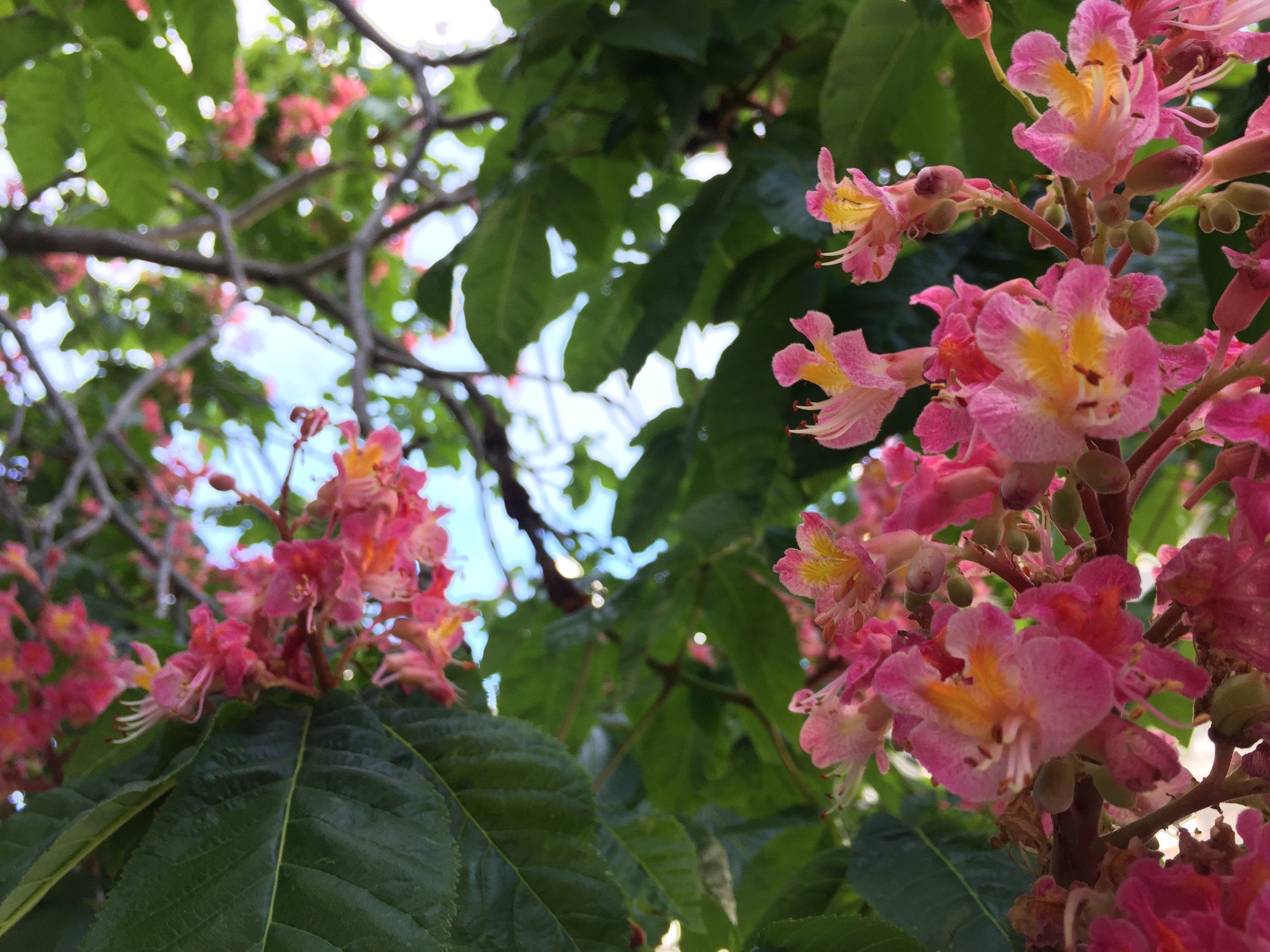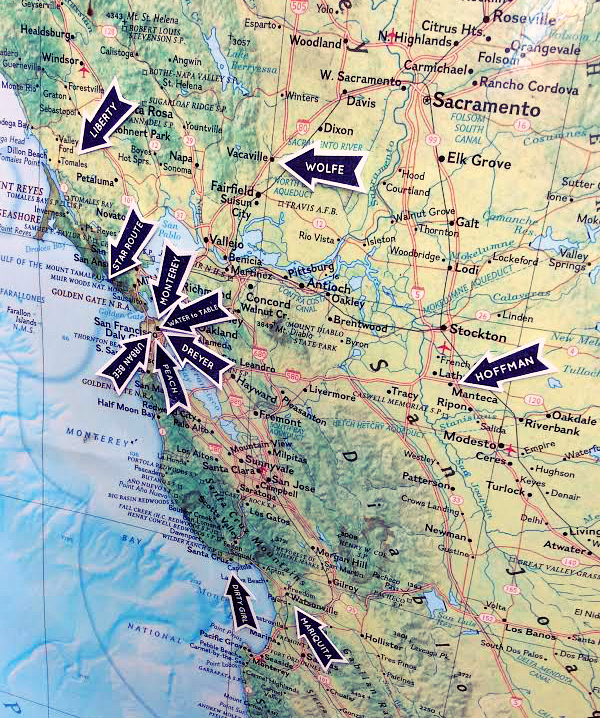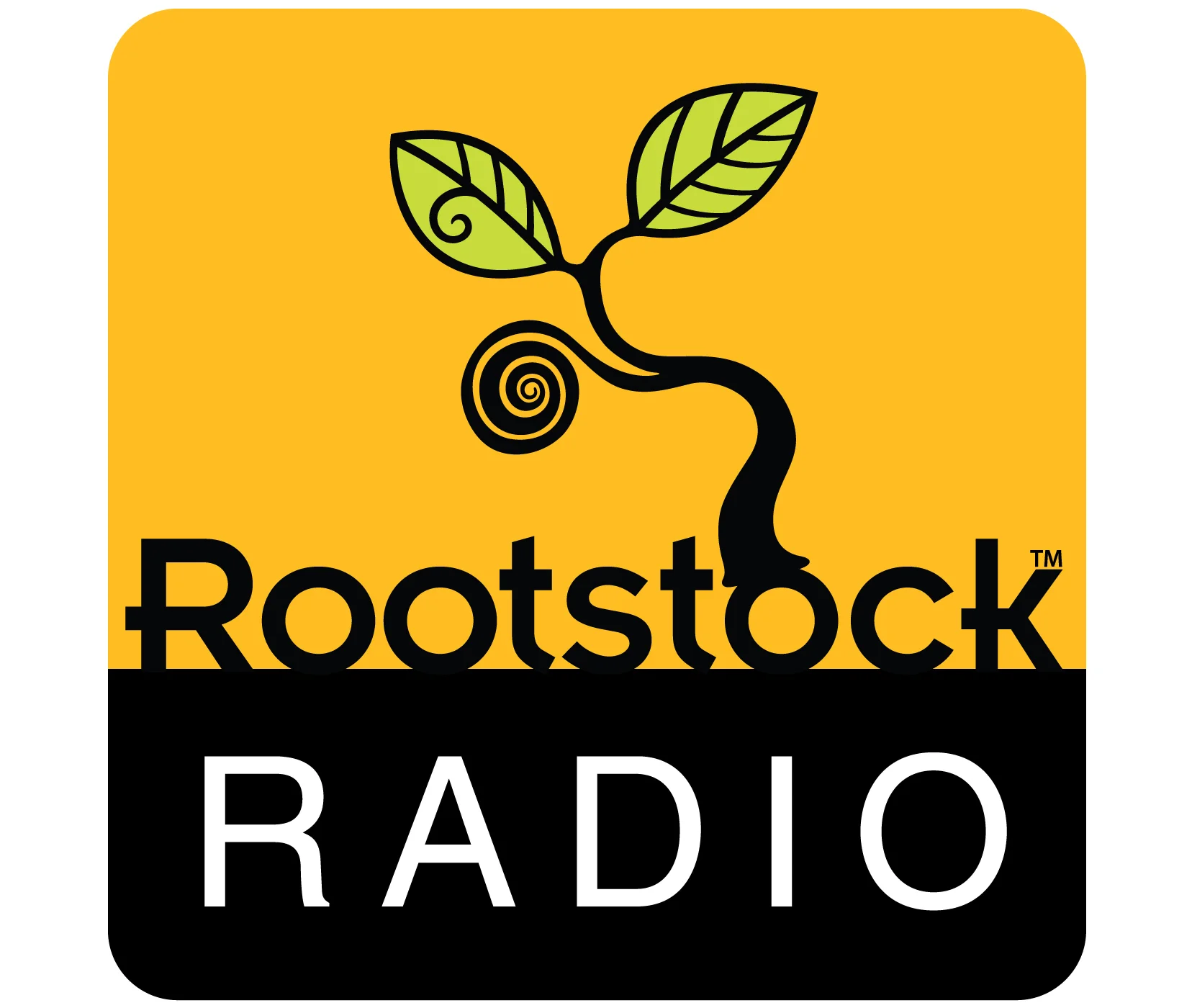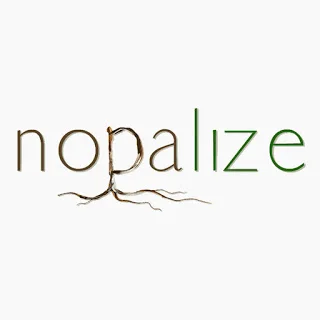On May 20, World Bee Day, Slow Food launches an international “Slow Bees” action, aiming to rise in defense of pollinators and provide greater resonance, outreach and visibility to the threats bees and other pollinators, plants and biodiversity face today.
Terry Oxford, a San Francisco urban beekeeper, circulated an email which asked, “Why would America’s beekeeping leaders sit around a White House table with lawyers and strategists for billion dollar pesticide corporations, and not realize they would get taken for a ride? Why would they sign off on an agenda that did not even mention the role of pesticides in mass bee deaths?” I forwarded this with my comments, to the neonics list. Within a couple of days I received emails from both American beekeeper organizations ‘disinviting’ me as their keynote speaker at their respective conferences.
How do chemical companies influence university scientists? Who pays for research? Why did the California State Beekeeping Association oppose legislation that would have required labeling neonicotinoid treated nursery plants? These are just a few of the controversial questions covered in this episode of the podcast. My guests are Stacy Malkan co-director of US Right to Know and a return visit from beekeeper Terry Oxford of Urban Bee San Francisco.
Terry Oxford is a rooftop beekeeper in San Francisco. On this episode of the podcast we discuss her natural beekeeping methods and her efforts to stop the use of systemic neonicotinoid pesticides such as Imidacloprid
Terry Oxford of UrbanBeeSF has been a successful treatment-free beekeeper on San Francisco rooftops gardens since 2011 and an outspoken advocate against pesticides that harm pollinators. Arty Mangan, program lead for the Restorative Food Systems Program at Bioneers sat down with Terry to talk about bees.
Since the spring of 2010 Cotogna’s rooftop has been home to over 100,000 honeybees thanks to the diligent efforts of beekeeper Terry Oxford of UrbanBeeSF.
At Jardinière, we continue to locally source our ingredients. The seasonable vegetables, greens, fruit, and herbs that we craft our dishes with are all grown and cultivated here in California, like the organic vegetables from Santa Cruz, Watsonville, and Marin County, and the fresh fish and natural honey from San Francisco’s own waters and beehives.
Ever since opening our San Francisco factory in 2012, the Heath team has been dedicated to building our business and developing our community. Recently, some other busy bees have been building a community of their own—right on our factory roof.
The Nature of Cities focuses on ecosystems of people nature and structure. This podcast looks at general global trends in urban beekeeping in Europe and the U.S.
Rootstock Radio is out to save family farming culture through organic farming.
These essential insects have been in the news a lot lately because they are disappearing in devastating and unprecedented numbers. And science is finally giving us some answers...
Some studies say 40-90% of bees worldwide have died.
by Cheryl Hurd
Toxic pesticides are killing honeybees and other pollinators -- and our food supply stands to suffer.
By Sam Levin
Oxford may justly be considered the queen bee of keepers in the local restaurant world.
Nopalize is an industry-backed food media movement sharing access to growers, producers and makers in our local food community, both online and offline.
Meet Terry Oxford of UrbanBeeSF tonight to see bees up close in observation hives and learn about bee hive art—an artistic collaboration between bees and beekeeper.
We took beekeepers from across the US to speak out about the dangers of bee-killing pesticides. Read what happened and then share this with your friends so they can join the campaign too!
Bees are not merely a participant or indicator of a healthy environment, they are the most essential part of it. Almost all of the delicious things we eat rely on pollination of bees.




















Terry Oxford is a beekeeper…on the rooftops of downtown San Francisco. It’s true! Urban areas can often be better habitat for bees than the countryside because of the parks and residents’ gardens that tend to grow flowers during a wider season than happens in nature. But they have one big thing looming against them: the chemicals used in those parks and gardens put urban bees at more risk.